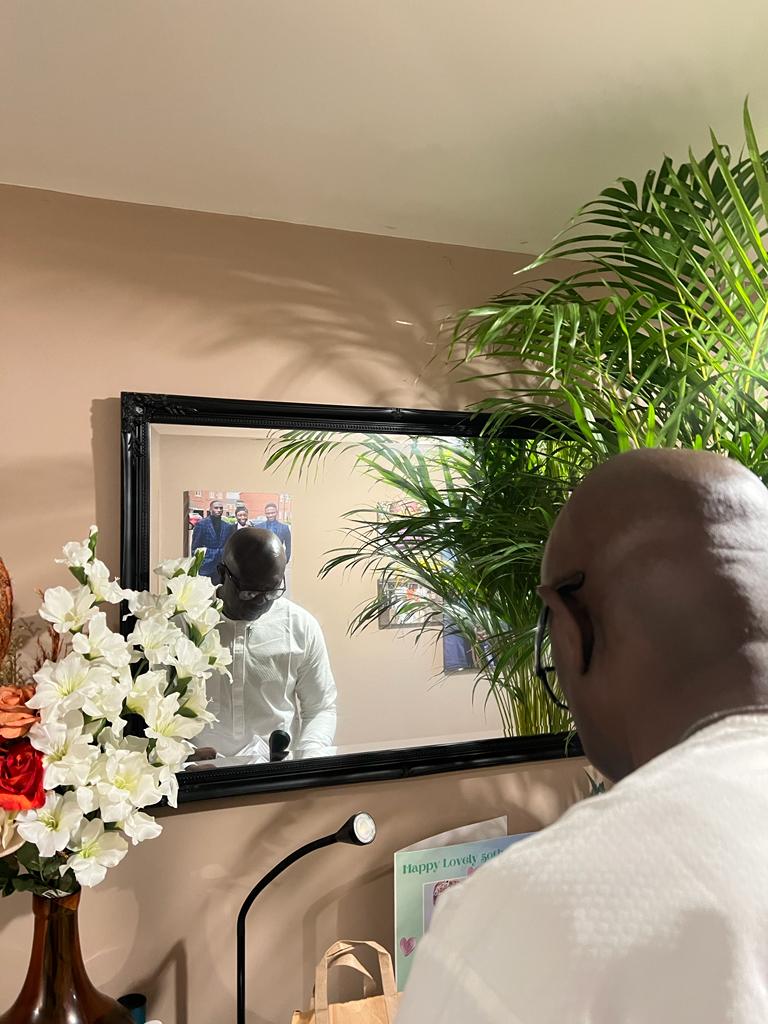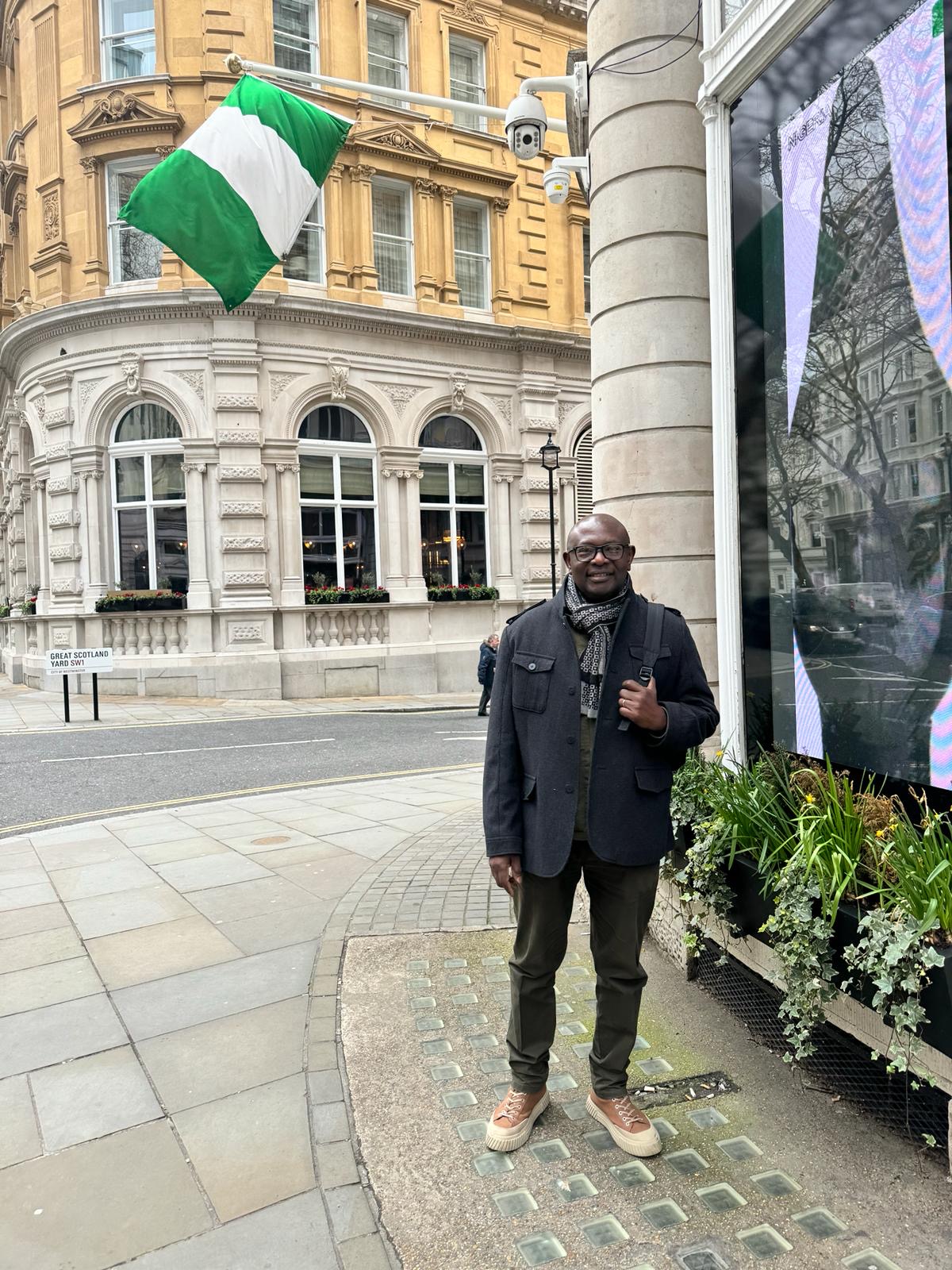By M. Babajide-Alabi
Published in the Sunday Vanguard of May 8th, 2016. CLICK HERE
Continued from last week.
The struggle between living and putting a descent meal on the table is a tough one for the common man in Nigeria. No matter how hard he tries, or how far he pushes himself, the tables are not turning favourably for him. He thinks that as nobody seems to notice his ordeal, it must a conspiracy to wipe him out of existence.
The frustration is increasingly becoming uncontainable as poverty stares average Nigerians in the face. In most states of the federation, the civil service is the only economically viable “industry”. In every home across the thirty six states, at least a family member works in the state civil service and it is the sustaining “commerce” for most families.
In recent times, the same civil service has come to be a curse on the people. The workers’ wages are not paid for moths. For most civil servants, turning up punctually at work is no longer a guarantee for the payment of salary at the end of the month. They are at the mercy of governors, who act at their own discretion to either pay the workers some of the arrears or to hire helicopters to ferry them around or fly first class with a retinue of aides. Unfortunately for the workers, some of these governors are heartless and insensitive, while for some it is a game. A particular state was alleged to have sent fake bank alerts to workers, only for them to get to banks and be disappointed. To some governors, payment of workers wages is a political achievement that need publicity mileage.
While we make noise on the social media daily demanding a proof of the Federal Government’s sincerity in implementing its political manifestos, we rarely touch on the irresponsibility of our state governors that hide behind the excuse of “fall in Federal Allocation” to deny workers of their wages. We tend to forget the fact that there are three levels of governance and each has responsibilities to the common man.
In the face of these, the labour union officials at various levels have sold their conscience to the devil. Rather than stand on the side of the common men, they have “ported” to where their breads can be adequately buttered. The labour union, which used to be the champion of the masses is in an “artificially induced coma” right now. Gone were the days when they were the last hope of the common men. The officials have now become tools in the hands of the party in government at any level.
In decent societies, politicians are the closest to the grassroots. They know where the shoe pinches the common men, and also know their needs. But in Nigeria, the opposite is the case as these “representatives” are only accessible just before and during elections. They woo the voters and flaunt their grassroots connections, while pretending to have their interests at heart. During this brief period of accessibility, these “long throat” politicians promise heaven and earth to win votes to achieve their personal ambitions. One wonders why the electorate keep falling for this gimmick over and over again.
Immediately after the elections, the politicians go back to the cities, while the few that stay behind usually retreat to their highly gated residences. Good bye to the camaraderie. At this point the politicians wave ‘at’ the electorates from their heavily tinted car windows. Never mind the fact that they are supposed to be the representatives of the people, you would hardly see nor hear them talk about unpaid civil servant wages.
It is ironic and sad that a country like Nigeria which ranks among the leading oil producers in the world is bent and gasping for air to survive. Observers have asked what happened to the years of oil boom and the billions of dollars that were raked in. We all know how the leaders frittered them away without any long term projects that would affect the quality of lives of Nigerians.
The generation born after the 80s only read about Nigeria’s prosperity in history books. Some find these stories incredibly unbelievable. How do you believe that Nigeria’s currency was at a time at par (if not stronger than) with the American Dollar and Pound Sterling. Most times, reading stories about the wealth of Nigeria and the various opportunities that were never taken, sound like fables.
They read, or heard from parents how at a time university education guaranteed employment, at least in the civil service. To them, the photographs of pyramids of groundnuts in the north, and bags of cocoa in southern region ready for exports are handiworks of creative designers using photoshop or Corel draw etc. They ask, where are the cocoa plantations? Where have the pyramids of groundnuts disappeared to?
Sadly, these social media active Nigerians would keep their concerns to themselves and go with the flow. Instead of using the social media to engage in the change of the social order, they chose to become “internet activists” who are ready to go naked in public fanatical support of corrupt politicians. This cycle of ineptitude is proving difficult to break.
Over the years Nigeria has become subject of great concerns for the international world. They wish they know where it all went wrong for this once prosperous country that was christened the “Giant of Africa”, because of the potentials identified within it.
At independence, Nigeria was the hope of the black race and the darling of the international community. Historians did not record doubts, if any, about the economic survival of the country. But they recorded the slight reluctance of the British Imperialists to “award” the country an independence status. Was this as a result of the “slight” knowledge of the fact that we might not be able to effectively rule ourselves?
The fire of patriotism and nationalism burning in our leaders at independence blinded them to chronic tribalism, corruption, mismanagement and selfishness that pervade the society today. These leaders, despite their differences, still managed to contain their prejudices while working towards a common goal. This is no longer obtainable in the broken society we live in now.
Can the malfunctioning of the entity called Nigeria be blamed on the foundation laid by our leaders at independence? Did they do enough to set the country on the right footing? Or do we conclude that what Nigeria lacks is visionary leadership? Despite the high turn over of leaders they all seem to lack quality ideas to move the nation forward. Take for instance the high figure of unemployment is a reflection of the failure of the various leaders. This highlights the fact that there was no planning for the future by any of the past administrations.
The situation at hand right now seem more weighty than what the parties promised, or did not, prior to the elections. There is need for a collective will of the people to come out strong from where we are right now. But in doing this, we still need a leader that will think outside the box, devoid of tribalism, or all the isms that has plagued Nigeria since independence. Is Buhari the man?







